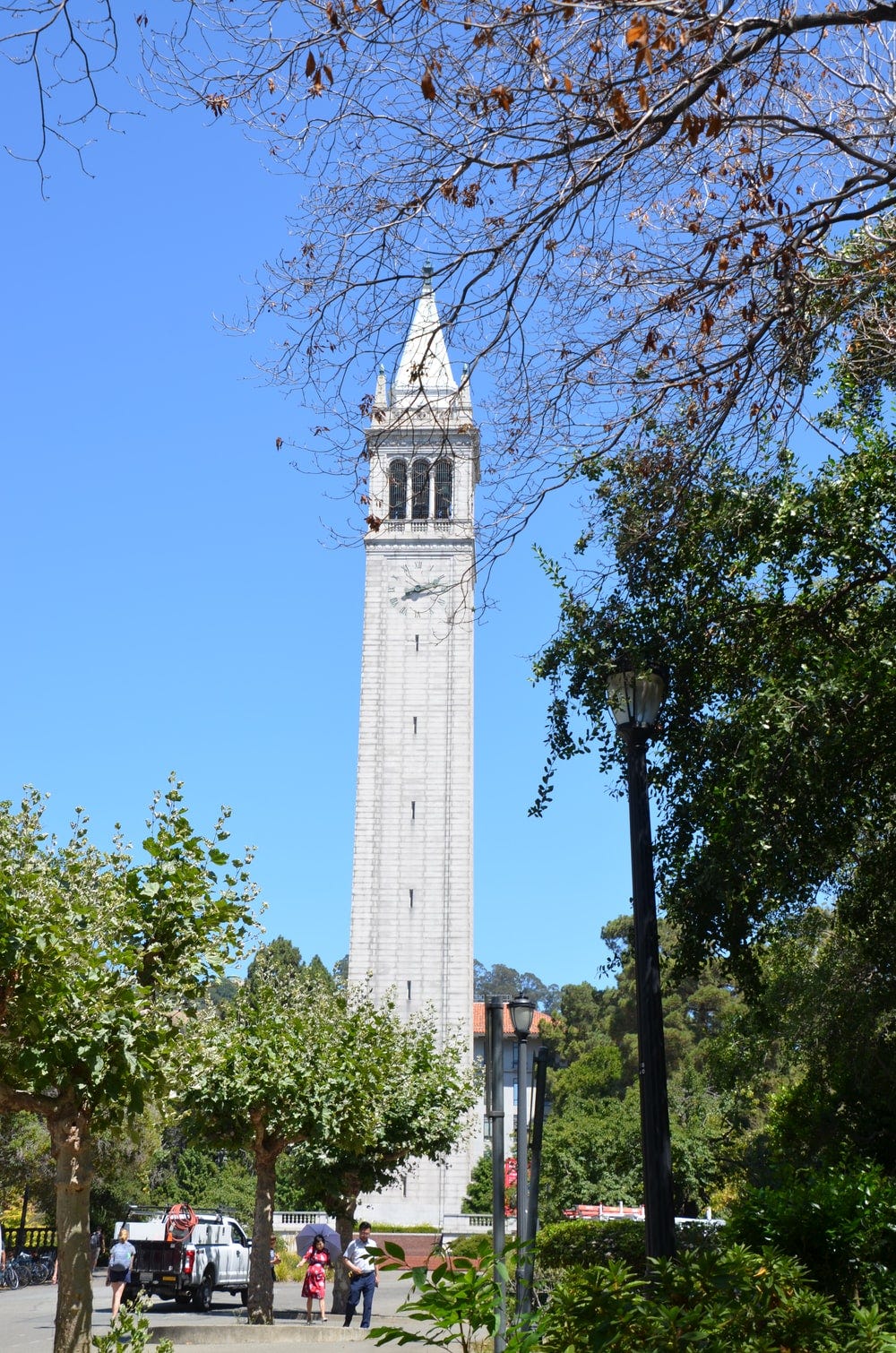Cal adds two to the Nobel Prize count!
Congrats to the Davids—David Julius and David MacMillan—for the uber-prestigious honors.
Halfway through Nobel season and Cal has added two prizes to our count!1
Cal struck early this year with the announcement that the Nobel Prize in Physiology or Medicine would be shared between two recipients with one being David Julius. Julius earned his PhD from UC Berkeley in 1984 where one of his supervisors Randy Schekman—who won a Nobel Prize in 2013 while still an active member of the Cal faculty. Julius’s revolutionary work identified a class of cellular tools called TRP receptors and their critical role in our sense of touch and detecting heat. Julius probed cells to determine how they responded to capsaicin—the molecule that makes chili peppers spicy—to find the TRP receptors and realized they are also involved in detecting high temperature. Julius’s discovery led him to uncover the role of TRP receptors in injured tissue and has given rise to targets for pain medication.
Two days later, Cal added to our Nobel count when the Nobel Prize in Chemistry was awarded in part to David W.C. MacMillan—who has ties to Berkeley. Though MacMillan is sharing the prize with his co-recipient, the exact phrase being used to describe why they deserve the honor is “for the development of asymmetric organocatalysis”—with MacMillan himself being the one to coin the term “organocatalysis”. (That link in particular has a good breakdown of this complex work and also cites MacMillan’s move to Berkeley as when he really began digging into his Nobel-winning work.)
Catalysis is necessary to produce all kinds of compounds that we use in our daily lives. Back in the day, though, there were a few challenges. One was that the process often required the use of metal catalysts, which are detrimental to the environment and can be very finicky and require a finely-tuned environment to function properly. Another big problem involves the concept of “chirality” or handedness. It’s named as such because if you were to take a hand and the mirror image of that hand, you would not be able to superimpose those images. If an object is achiral, then it looks the same as its mirror image. In other words, the Arizona Wildcats’ A logo is achiral while the script Cal is chiral (and beautiful). This can be life-or-death critical when producing chiral chemicals because there are examples where the molecule and its very different mirror are starkly different in efficacy or lethality.
Back to MacMillan… When he left his postdoc position at Harvard, he began his own independent research by taking on his first faculty position, which was in the UC Berkeley Chemistry department. Spending two years here (1996–1998), this is where he decided to pursue non-metal catalysts. MacMillan was able to discover an organic molecule capable of executing a catalytic reaction with an unheard of 90% composed of the desired chirality/handedness. These organocatalysts have revolutionized the world of catalysis by reducing the number of steps in synthesis processes, scaling up industrial catalysis, and improving the yield of the desired product—all in less wasteful and more sustainable methods.
Between a win for green processes and a win for Scovilles & Hot Ones, I can’t think of more appropriate winners for the world of 2021.
In the time between this writing and publishing, the Nobel Prizes in Literature has likely been announced, but it’s not really our strong suit with only three laureates to date, so it’s probably still safe to call it two medals.



Fun fact one of the three is by Czeslaw Milosz who spread awareness of Slavic poetry and experiences under Stalinism and WWII.
His tenure spanned 20 years 1960-1980. His POV of the Free Speech Movement etc. was negative mostly due to his real life experiences with conflict:
Miłosz's relationship to student protesters was sometimes antagonistic: he called them "spoiled children of the bourgeoisie"[72] and their political zeal naïve. At one campus event in 1970, he mocked protesters who claimed to be demonstrating for peace and love: "Talk to me about love when they come into your cell one morning, line you all up, and say 'You and you, step forward—it’s your time to die—unless any of your friends loves you so much he wants to take your place!'"
Can they tackle?